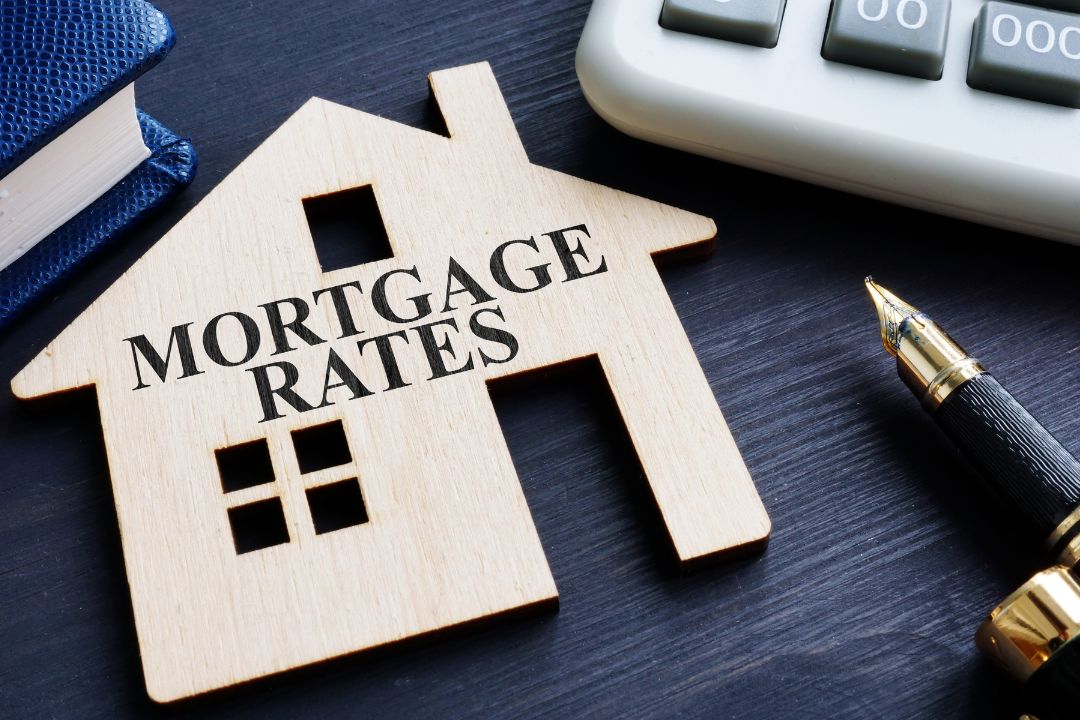Most people must obtain a mortgage in order to purchase a home. A mortgage is a loan that enables you to purchase a home by deferring the payment over time. Over a predetermined period of time, often 15 or 30 years, the mortgage is repaid in regular payments. Fixed-rate mortgages and adjustable-rate mortgages are the two primary categories of mortgages. We’ll examine the benefits and drawbacks of both types of mortgages in this post to assist you in determining which is better for you.
Table of Contents
- Introduction
What is a Fixed-Rate Mortgage? - Advantages of a Fixed-Rate Mortgage
- Disadvantages of a Fixed-Rate Mortgage
- What is an Adjustable-Rate Mortgage?
- Advantages of an Adjustable-Rate Mortgage
- Disadvantages of an Adjustable-Rate Mortgage
- How to Choose Between a Fixed-Rate Mortgage and an Adjustable-Rate Mortgage
- Interest Rates
- Monthly Payments
- Term Length
- Flexibility
- Closing Costs
- Refinancing
- Conclusion
Introduction
One of the most important financial decisions you’ll ever make is picking the appropriate mortgage. The type of mortgage you choose will have an effect on your monthly payments, interest rate, and total loan cost. The two most popular types of mortgages are fixed-rate and adjustable-rate mortgages. Mortgages with fixed rates provide a consistent, reliable payment that does not vary throughout the course of the loan. On the other hand, adjustable-rate mortgages provide a lower initial interest rate and lower monthly payments that are subject to fluctuation over time.
What is a Fixed-Rate Mortgage?
A mortgage with a fixed rate is one in which the interest rate is fixed for the duration of the loan. This makes creating a budget for your monthly expenses simpler because your monthly payment will be the same for the duration of the loan. The most typical fixed-rate mortgage lengths are 15 and 30 years.
Advantages of a Fixed-Rate Mortgage
A fixed-rate mortgage delivers a stable, predictable payment that doesn’t alter over time, which is one of its main benefits. This makes setting up a budget for your regular costs and making long-term plans simpler. A fixed-rate mortgage is also a wise choice if you want to live in your house for a very long period of time. Even if interest rates rise, you won’t need to be concerned about your monthly payment increasing.
Disadvantages of a Fixed-Rate Mortgage
One of the main problems with a fixed-rate mortgage is that its starting interest rate is usually higher than that of an adjustable-rate mortgage. Also, you won’t be able to benefit from lower interest rates without refinancing your loan if rates do fall. This is a very important thing to think about because refinancing can be expensive and take a lot of time.
What is an Adjustable-Rate Mortgage?
A mortgage with an adjustable rate (ARM) has an interest rate that is subject to fluctuation over time. The interest rate is often fixed for a predetermined amount of time, like five, seven, or ten years, after which it is adjusted yearly.
Advantages of an Adjustable-Rate Mortgage
An adjustable-rate mortgage often has a lower beginning interest rate than a fixed-rate mortgage, which is one of its main benefits. This may lead to cheaper monthly payments and make it simpler to meet loan eligibility requirements. Also, if interest rates fall, your monthly payment might fall as well. This might save you a lot of money over the course of the loan.
Disadvantages of an Adjustable-Rate Mortgage
The interest rate on an adjustable-rate mortgage may rise over time, which is its major drawback. As a result, your monthly payments may increase, which may make it more challenging to stick to a budget. Also, if interest rates go up a lot, your monthly payment could get too high for you to handle.
How to Choose Between a Fixed-Rate Mortgage and an Adjustable-Rate Mortgage
There are a number of things to take into account while deciding between a fixed-rate mortgage and an adjustable-rate mortgage:
Interest Rates
While adjustable-rate mortgages offer a lower initial interest rate that may change over time, fixed-rate mortgages provide a steady interest rate that does not alter over time. A fixed-rate mortgage might be the best option for you if you’re risk-averse and value stability. An adjustable-rate mortgage can be a better option if you don’t mind taking some risk and want to benefit from possibly reduced interest rates.
Monthly Payments
Adjustable-rate mortgages start out with a lower monthly payment that may go up over time. Fixed-rate mortgages, on the other hand, always have the same monthly payment. A fixed-rate mortgage can be your best option if you value stability and want to know in advance what your monthly payment will be for the duration of the loan. An adjustable-rate mortgage can be a better option if you’re okay with some variation in your monthly payments and want to benefit from lower beginning payments.
Term Length
Fixed-rate mortgages usually have terms of 15 years or 30 years, while adjustable-rate mortgages usually have terms of 5, 7, or 10 years. A 15-year fixed-rate mortgage can be the best option for you if you want to pay off your mortgage quickly and increase the value of your property faster. A 30-year fixed-rate mortgage or an adjustable-rate mortgage can be a better option if you want a lower monthly payment and don’t mind paying off your mortgage over a longer period of time.
Flexibility
Mortgages with fixed rates are less adaptable than those with adjustable rates. Your interest rate cannot be changed after it has been locked in without refinancing your loan. Mortgages with adjustable rates give you more flexibility because the interest rate can alter over time. This could be advantageous if interest rates fall, but disadvantageous if they rise.
Closing Costs
Closing expenses for fixed-rate mortgages and adjustable-rate mortgages are similar. You may need to pay closing expenses once more if you intend to refinance your loan in the future. When choosing between a fixed-rate mortgage and an adjustable-rate mortgage, this may be a crucial element to take into account.
Refinancing
If you choose a fixed-rate mortgage and interest rates go down a lot, you might want to refinance your loan to take advantage of the lower rates. It can take a lot of money and time to do this. Your interest rate can automatically decrease if you choose an adjustable-rate mortgage, negating the need for refinancing.
Conclusion
In the end, whether you choose a fixed-rate mortgage or an adjustable-rate mortgage will depend on your specific financial situation and goals. Unlike an adjustable-rate mortgage, which offers lower initial rates but the danger of interest rate volatility, a fixed-rate mortgage offers predictability and stability at a higher initial interest rate. It’s crucial to take your budget, long-term financial goals, and risk tolerance into account while making this choice.
Before making a choice, keep in mind to thoroughly analyze all the terms and circumstances of each mortgage option. To make a decision based on your unique situation, you might want to speak with a financial counsellor or mortgage broker.
FAQs
Is a fixed-rate mortgage always the best choice?
Not always, a fixed-rate mortgage is the best option. Your specific financial status and aspirations will determine how to proceed.
Are adjustable-rate mortgages riskier than fixed-rate mortgages?
Most people think that adjustable-rate mortgages are riskier than fixed-rate mortgages because the interest rate could change.
Can I switch my mortgage from an adjustable rate to a fixed rate?
In order to change from an adjustable-rate to a fixed-rate mortgage, you might be able to refinance your existing loan.
What happens if interest rates rise while I have an adjustable-rate mortgage?
Your monthly mortgage payment can increase if interest rates rise, which could put a strain on your finances.
How long do adjustable-rate mortgages typically last?
Before the interest rate starts to adjust, adjustable-rate mortgages often have a fixed period where it is lower. Depending on the particular mortgage, this set time can range from a few months to several years.





